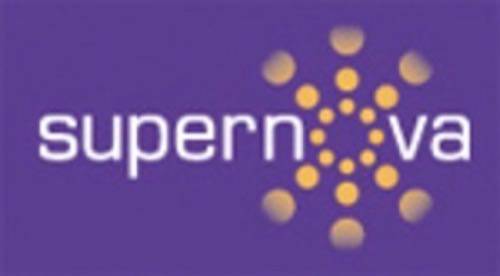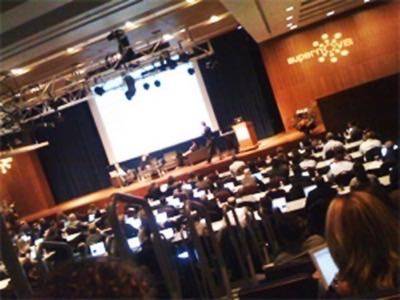While startup companies are often asked about their monetization and member strategies, it’s rare that they’re asked how they plan on changing the world. At today’s Supernova Conference in San Francisco, speakers attacked the subject of social chance and how it applies to business models, technological expertise and mass distribution.

Umair Haque, director of Havas Media Lab, was first with his presentation, “Constructive Capitalism.” Haque believes that only 5% of those within a given industry measure themselves in what he described as “thick value”. He explained that one of the legacies of our economic downturn is the realization that our understanding of profit is based on “thin value” – a model that has not addressed economic harm from profit and growth. Haque’s answer to how we change the current economic system is to change the way we think about profit. By employing radically different strategies and value sets, companies can instill “thick value” in entire industries.
Pioneering blogger and entrepreneur Anil Dash explained one such strategy. His latest endeavor, Expert Labs, is a project that crowdsources expertise from the tech entrepreneur community to answer the questions of policy makers. Dash explains, “If we think outside of our insular communities and use a language that is respectful for all, we can create really transformative things.” Dash hopes that by finding new ways to filter expertise we can improve the quality of information reaching those who make world-changing decisions.

After giving a number of examples of how the tools of production and distribution have been democratized through innovative technologies, Wired editor-in-chief and author Chris Anderson said, “If the past decade was about finding new post-institutional social models on the web, the next decade will be about applying them to the real world.”
December is the time when we look back at the past year and reflect on our achievements and failures. As a startup entrepreneur, investor or technologist, how have you taken new business strategies and ideas of social change and applied them to your everyday work? Let us know in the comments below.

















